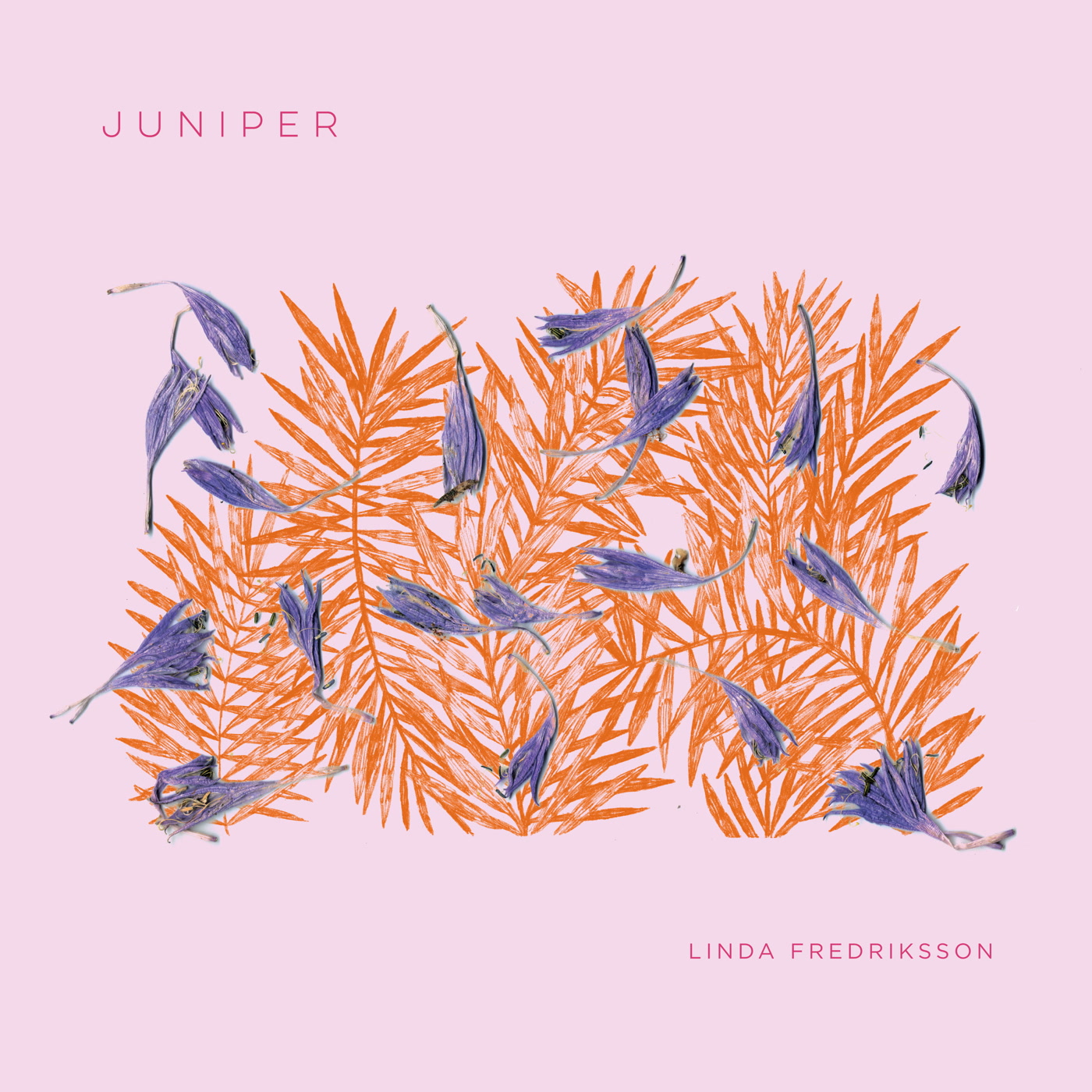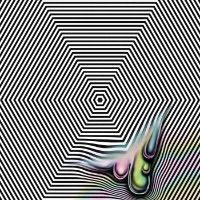- Digital
Linda Fredriksson
Juniper
We Jazz
- Cat No: WJCD40
- Release: 2021-10-29
- updated:
Track List
-
1. Linda Fredriksson - Neon Light (and the Sky Was Trans)
05:28 -
2. Linda Fredriksson - Juniper
03:50 -
3. Linda Fredriksson - Nana – Tepalle
07:04 -
4. Linda Fredriksson - Pinetree Song
05:29 -
5. Linda Fredriksson - Transit in the Softest Forest, Walking, Sad, No More Sad, Leaving
05:11 -
6. Linda Fredriksson - Lempilauluni
04:34 -
7. Linda Fredriksson - Clea
05:56
24bit/44.1khz [wav/flac/aiff/alac/mp3]



